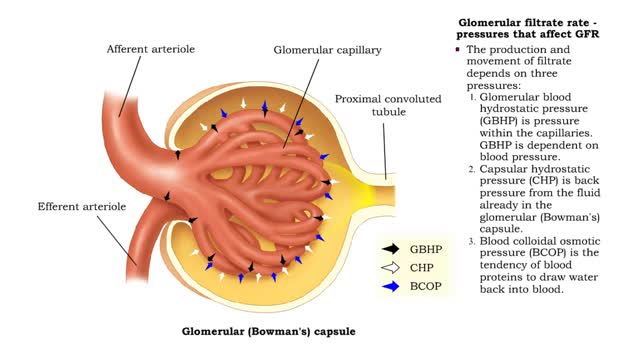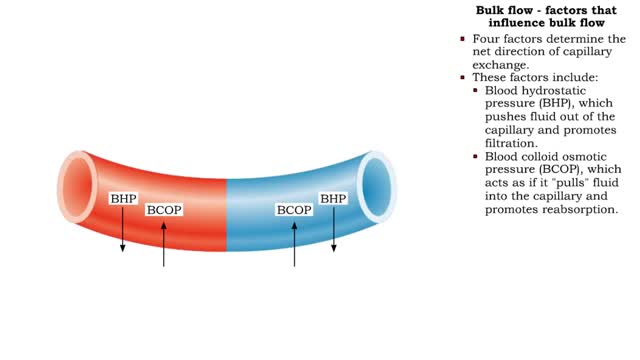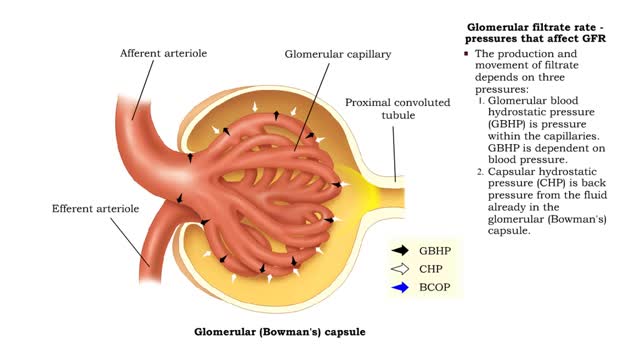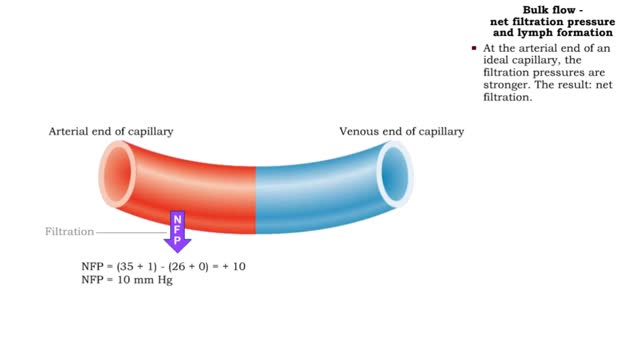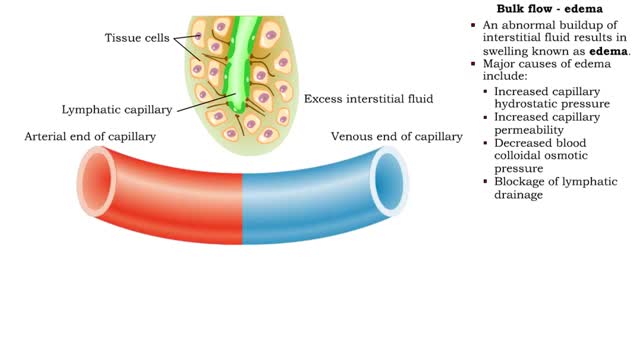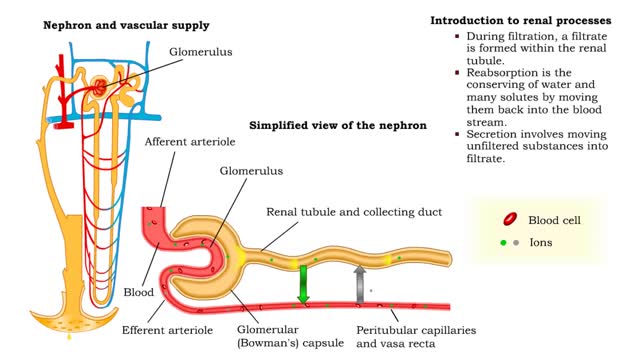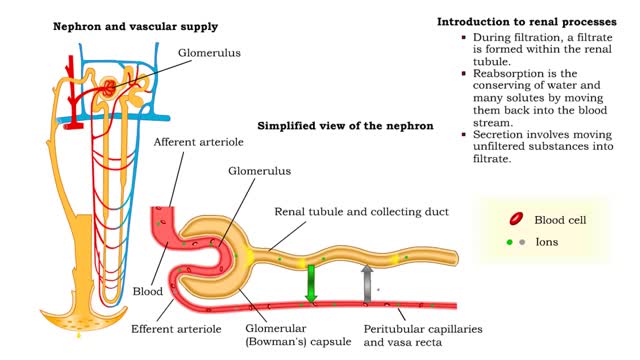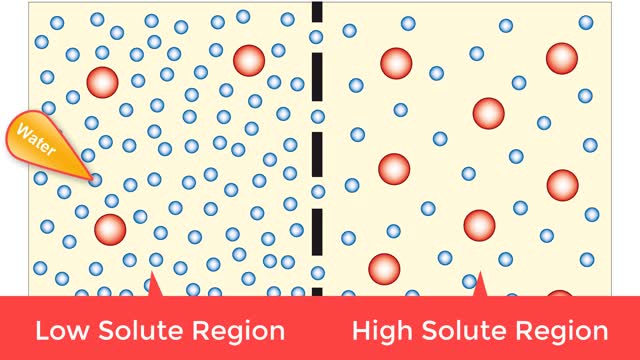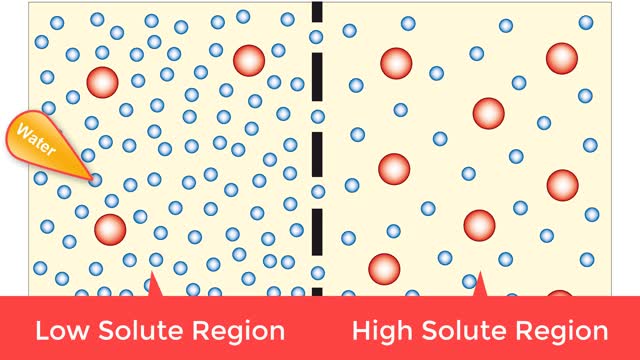Search Results
Results for: 'Blood hydrostatic pressure'
Glomerular filtrate rate: pressures that affect GFR, NFP & GFR and blood composition
By: HWC, Views: 7166
• The glomerular filtration rate is the amount of filtrate formed per minute within the renal corpuscle. • Once the filtrate is formed it moves down the tubule. • The production and movement of filtrate depends on three pressures: I. Glomerular blood hydrostatic pressure (GBHP) is ...
Bulk flow - factors that influence bulk flow
By: HWC, Views: 6312
• Bulk flow helps regulate the relative volumes of blood and interstitial fluid. • Flow from blood to interstitium is called filtration. • Flow from interstitium to blood is called reabsorption. • Four factors determine the net direction of capillary exchange. • These factors in...
Glomerubular filtrate rate -pressures that affect GFR and net filtration pressure
By: HWC, Views: 7119
• The glomerular filtration rate is the amount of filtrate formed per minute within the renal corpuscle. • Once the filtrate is formed it moves down the tubule. • The production and movement of filtrate depends on three pressures: I. Glomerular blood hydrostatic pressure (GBHP) is pre...
Bulk flow - Factors that influence bulk flow
By: HWC, Views: 6878
• Bulk flow helps regulate the relative volumes of blood and interstitial fluid. • Flow from blood to interstitium is called filtration. ■ Flow from interstitium to blood is called reabsorption. ■ Four factors determine the net direction of capillary exchange. ■ These factors in...
Net filtration pressure and lymph formation, edema & blood velocity
By: HWC, Views: 6415
Bulk flow -net filtration pressure and lymph formation • The net filtration pressure (NFP) is the force promoting filtration minus the force promoting reabsorption. • At the arterial end of an ideal capillary, the filtration pressures are stronger. The result: net filtration. • At t...
Introduction to filtration - filtrate formation and composition
By: HWC, Views: 6796
• At the nephron, the three process responsible for the formation of urine include: • Glomerular filtration. • Tubular reabsorption. • Tubular secretion. • During filtration, a filtrate is formed within the renal tubule. • Reabsorption is the conserving of water and many s...
Carbohydrate Metabolism: Introduction to renal processes and filtrate formation and composition
By: HWC, Views: 6895
• At the nephron, the three process responsible for the formation of urine include: • Glomerular filtration. • Tubular reabsorption. • Tubular secretion. • During filtration, a filtrate is formed within the renal tubule. • Reabsorption is the conserving of water and many s...
By: HWC, Views: 3936
Osmosis is when a solvent, such as water, moves from a low-solute concentration solution to a higher-solute concentration solution through a semipermeable. Osmosis is an example of diffusion (a special case of diffusion) in which the molecules are water, and the concentration gradient occurs a...
By: HWC, Views: 4390
Osmosis is when a solvent, such as water, moves from a low-solute concentration solution to a higher-solute concentration solution through a semipermeable. Osmosis is an example of diffusion (a special case of diffusion) in which the molecules are water, and the concentration gradient occurs a...
Advertisement



